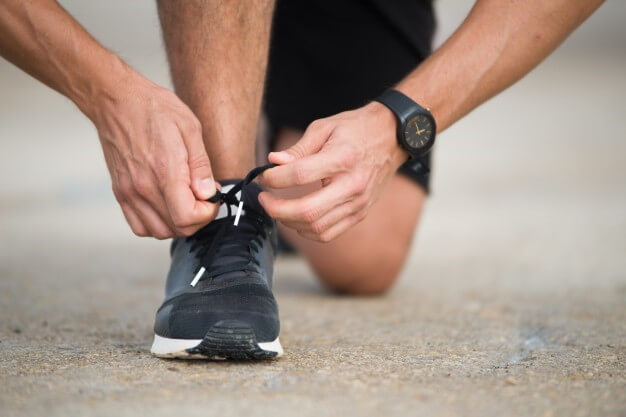You’ve probably heard a lot about vitamin D’s function in strengthening your immunity and protecting you from illnesses during the last year, but is that all it does? Actually, no, as vitamin D plays a role in promoting your overall health thus, vitamin D deficiency may affect your health & the activities you do since […]
Historically, Gout was called the “disease of kings” because they were more likely to have it, due to their eating habits! So, what’s gout? Gout is a common type of arthritis, in which small crystals of uric acid are formed in the body fluids, tissues & joints usually the big toe joint, these crystals are […]
Athlete’s foot or tinea pedis is a fungal infection of the feet, that can affect anyone! but athletes are more vulnerable to have it since their feet are usually sweaty & damp which encourages tinea pedis to grow. Symptoms of tinea pedis include: Redness Cracked skin Stinging Itching Symptoms usually appear between the toes. 9 […]






